
Carbon Zero Day has been made possible through the invaluable support and collaboration of various organizations, insightful articles, and informative paper presentations. These contributions have played a crucial role in shaping our understanding of carbon emissions and sustainability practices. Organizations like Intergovernmental Panel on Climate Change (IPCC) have provided essential tools and services to accurately measure and reduce carbon emissions for individuals and businesses alike. Articles and paper presentations have also been instrumental in our journey. They have provided detailed research and analysis on various aspects of carbon emissions, helping us refine our calculators and educational materials. This continuous learning process is essential for Carbon Zero Day. We understand that knowledge is dynamic and constantly evolving. Therefore, we remain committed to updating our resources and integrating the latest research findings into our initiatives. This approach ensures that our platform remains relevant and effective in addressing the challenges of climate change and promoting sustainable living practices.

The Asian Development Bank (ADB) played an indispensable role in our journey towards Carbon Zero Day by providing critical funding for sustainable development projects. They supported initiatives aimed at reducing carbon emissions, such as constructing solar power plants and engaging in extensive reforestation efforts. These projects would not have been feasible without ADB’s financial backing and this significantly contributed to our goal of achieving a carbon-neutral world. ADB’s support was vital in driving the transition towards sustainability.
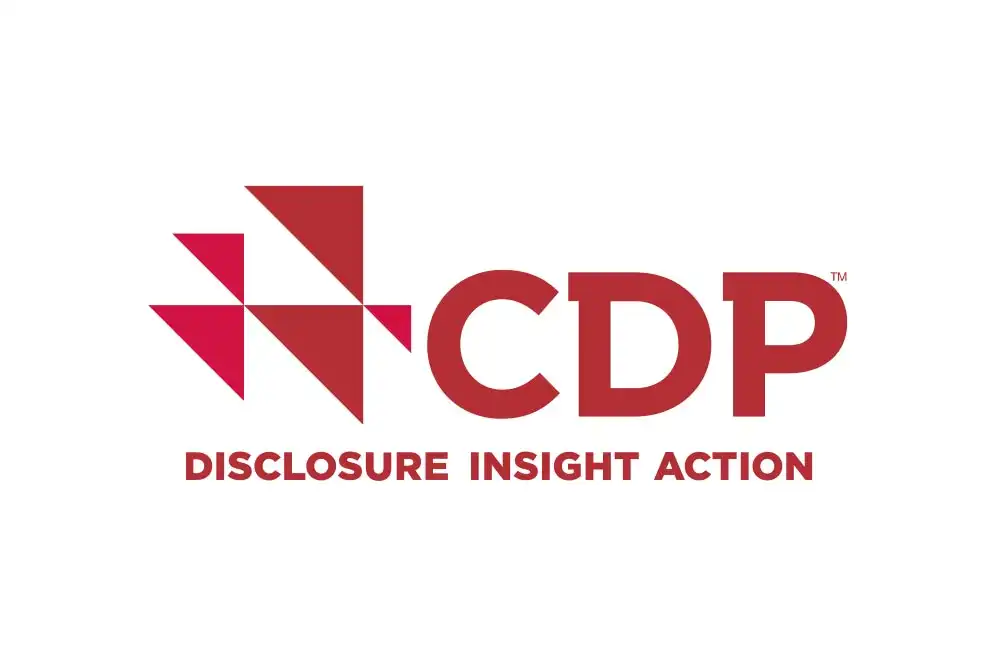
The Carbon Disclosure Project (CDP) served as an investigative body, diligently collecting data on the carbon emissions of various companies. By requesting these companies to disclose their environmental metrics, including their carbon output, CDP enabled us to gain a comprehensive understanding of corporate performance in terms of carbon footprint reduction. This insight was crucial in identifying the organizations that excelled in minimizing their emissions and those that required additional efforts to achieve our goal of Carbon Zero Day.
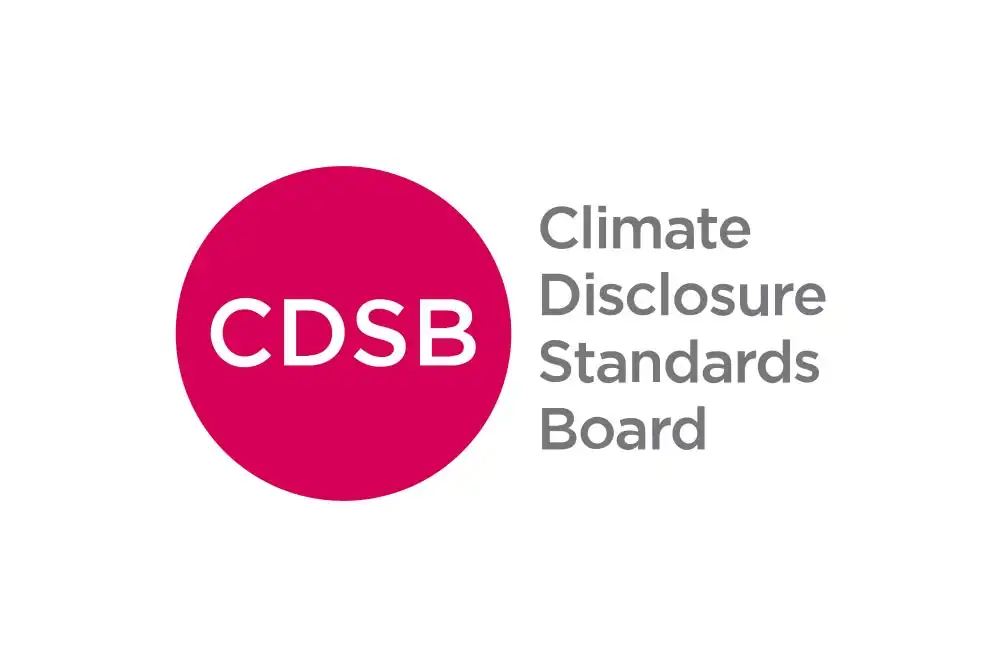
The Carbon Disclosure Standards Board (CDSB) served as a guiding force, establishing comprehensive guidelines for companies to report their environmental information, particularly their carbon footprints. These standards mandated transparency and honesty, ensuring that companies disclosed their environmental impacts accurately and consistently. By following these regulations, businesses facilitated the effective tracking of our progress toward Carbon Zero Day, ultimately contributing to a more sustainable and environmentally conscious future.

Carbon Zero Day was achieved through the instrumental support and comprehensive tools offered by Carbon Footprint Ltd, a renowned company dedicated to assessing and reducing carbon emissions for both individuals and businesses. With the aid of their expertise, we harnessed sophisticated methodologies to accurately gauge our carbon footprint, enabling us to pinpoint effective strategies for mitigating our environmental impact. Resources were used thoughtfully to preserve the Earth for the well-being of forthcoming generations.
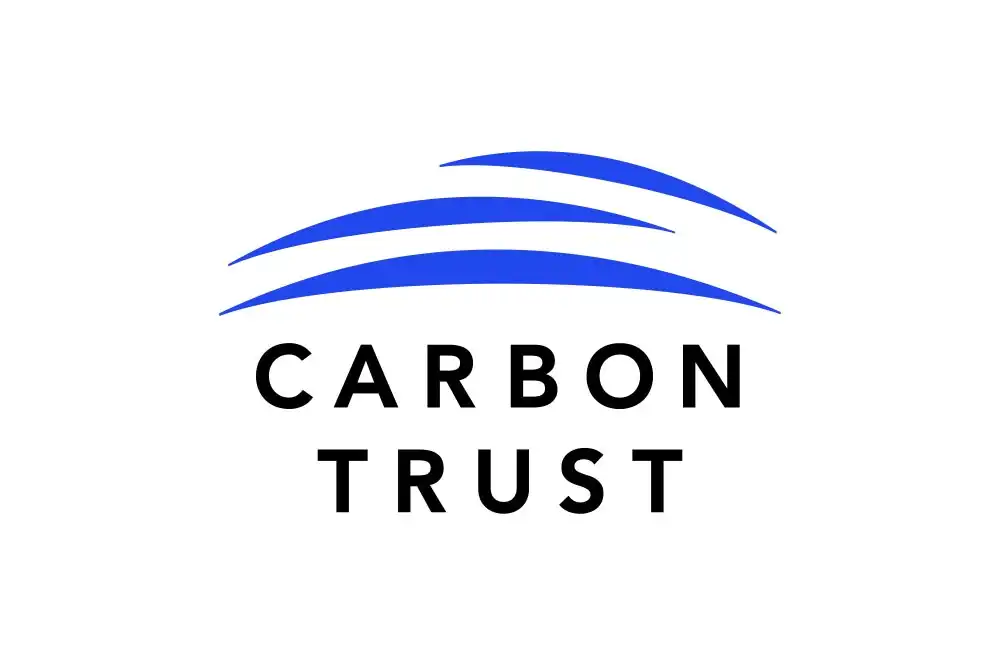
The Carbon Trust served as an advisor for businesses and organizations, providing invaluable insights into their carbon dioxide emissions. It played a crucial role in helping Carbon Zero Day understand the impact of greenhouse gases on the environment. The organization awarded certifications as a form of recognition to those who actively worked to reduce their carbon footprint, which is the total amount of carbon dioxide and other greenhouse gases emitted over the lifecycle of a product, service, or operational process.

The Center for Climate and Energy Solutions served a pivotal role for devising solutions to climate change, delving deeply into the issue and offering insightful recommendations to governments and businesses. This organization functioned as a critical think tank, leveraging scientific research, policy analysis, and stakeholder engagement to address the challenges of climate change. Through its comprehensive studies and expert analysis they provided a clear understanding of the impacts of climate change on various sectors.
The Climate Action Tracker served as a crucial global thermometer, meticulously measuring the efforts of various countries in preventing excessive global warming. Much like a medical thermometer gauges our body temperature to indicate health, the CAT monitored the planet’s “fever” to determine if our environmental practices were effective in mitigating climate change. It evaluated how countries were performing in their commitments to keep the Earth’s temperature rise within safe limits, ideally below 1.5 degrees Celsius above pre-industrial levels.
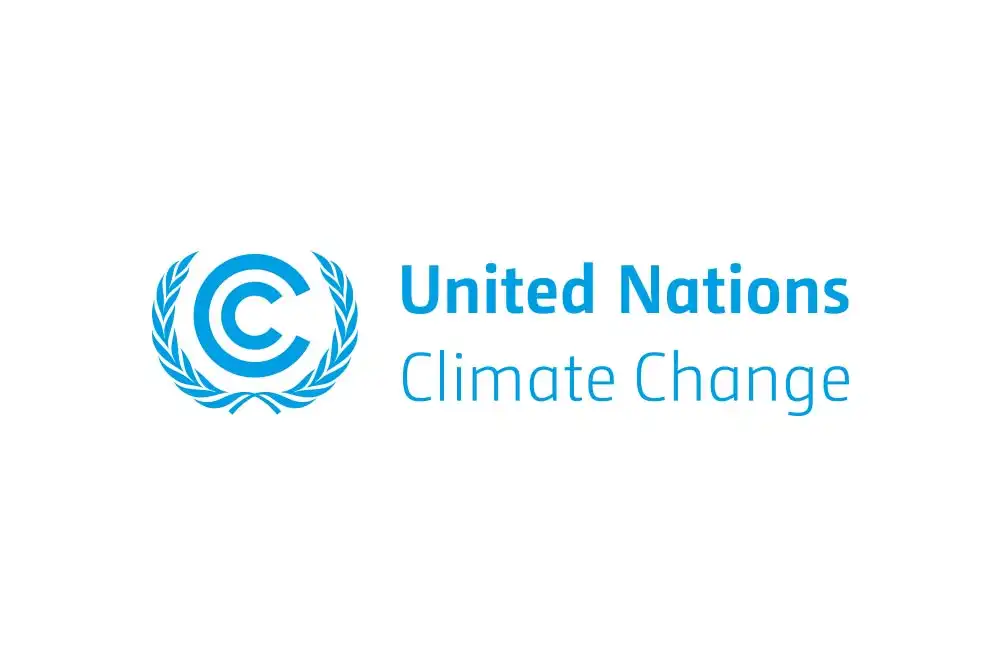
The Clean Development Mechanism established under the Kyoto Protocol, played a pivotal role in addressing global environmental challenges, much like a superhero aiding countries in need. Designed to assist developing nations, they facilitated the reduction of greenhouse gas emissions by enabling these countries to undertake projects that mitigated their carbon footprint. This mechanism provided a structured approach for developing countries to engage in emission reduction activities, which is beneficial for global efforts to combat climate change.
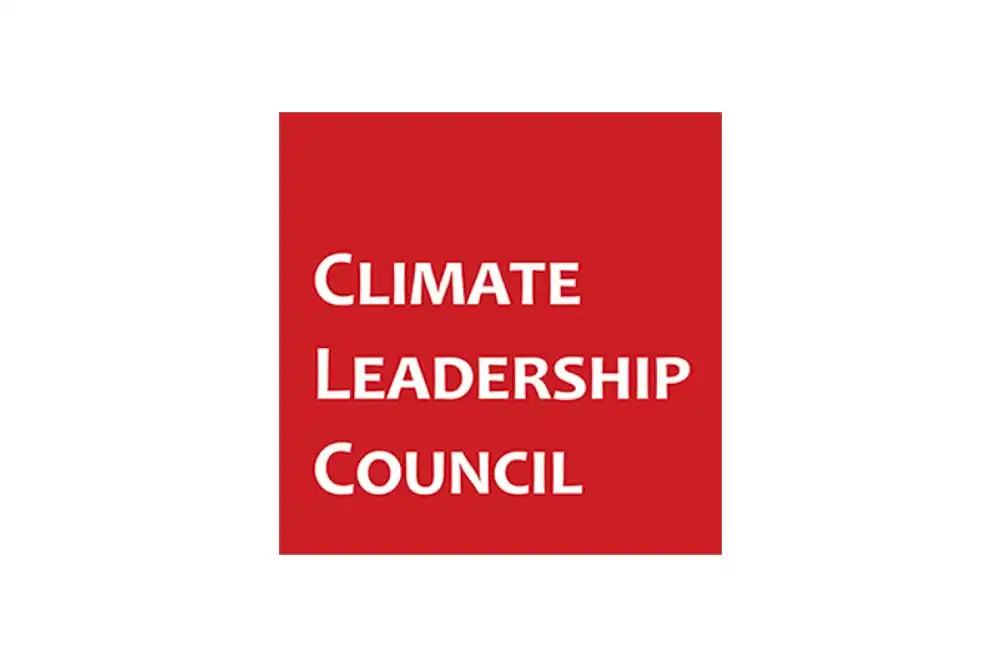
The Climate Leadership Council functioned as a collaborative body comprising a diverse group of individuals who engaged directly with prominent leaders and key decision-makers. Their mission was to propose and implement intelligent, innovative strategies aimed at combating climate change. Carbon Zero Day learned the regulatory frameworks of the Council, which served as an invaluable resource. Their approach was comparable on a much larger and more impactful scale, for the well-being of our planet, enhancing sustainability practices, and driving global environmental initiatives.
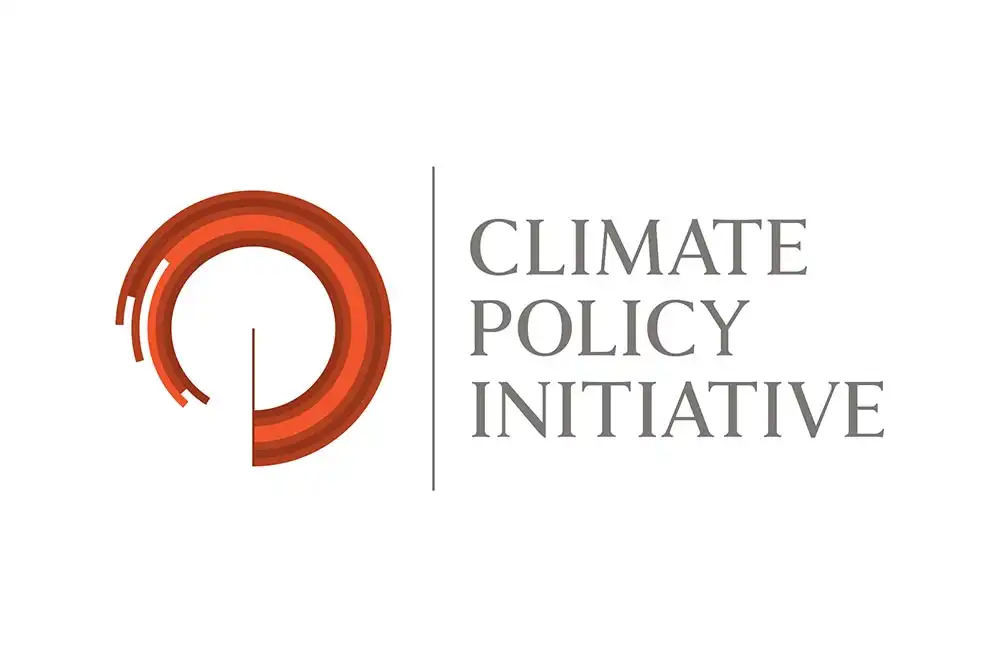
The primary goal was to study and determine the best strategies for allocating funds to support environmental preservation efforts. We specifically focused on investing in clean energy and forest conservation to actively combat climate change. Our approach mirrored that of carefully managing personal finances, where aimed to maximize the impact of limited resources. Our work involved analyzing data, conducting research, and collaborating with various stakeholders to develop strategies of promoting sustainability and mitigating the impacts of climate change.
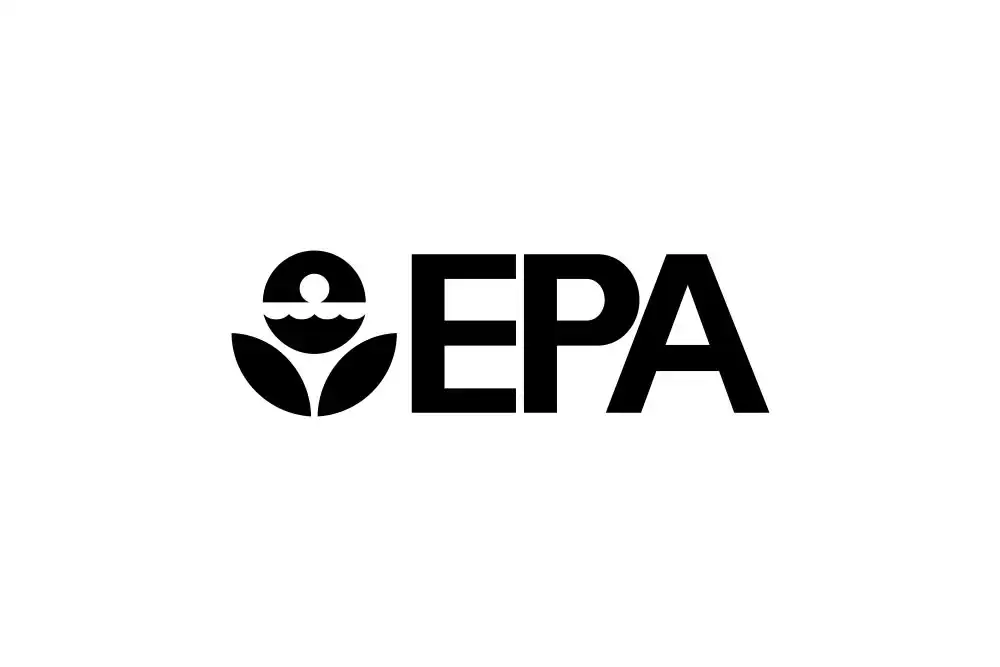
The EPA played a crucial role in Carbon Zero Day by providing vital data on greenhouse gas emissions. Their detailed information helped us accurately measure carbon footprints and understand their profound impact on global warming trends. This data was pivotal in developing our sophisticated carbon calculator, empowering individuals and businesses to effectively manage and reduce their emissions. The EPA’s ongoing guidance ensures our initiatives are aligned with rigorous global standards, propelling us towards a sustainable, carbon-neutral future.
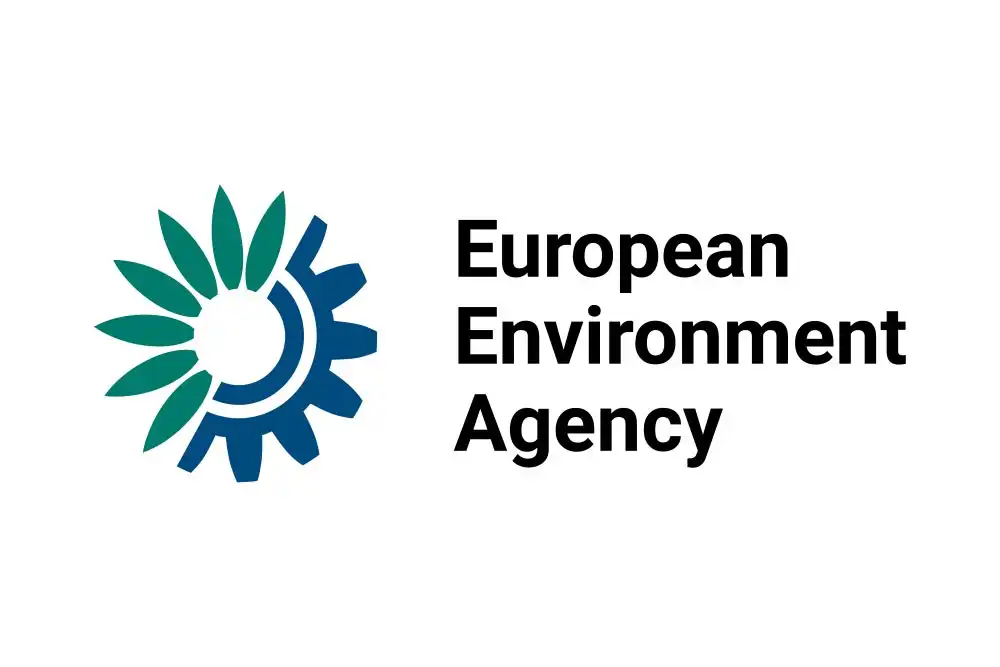
The European Environment Agency served as a critical overseer, monitoring Europe’s environmental health with meticulous attention. It collected and analyzed vast amounts of data, providing invaluable insights into the state of Europe’s environment, particularly regarding the emission levels of greenhouse gases. This information played a pivotal role in guiding decision-makers toward strategies aimed at minimizing our environmental footprint. Their role was to ensure that Europe’s natural resources were preserved and managed sustainably.
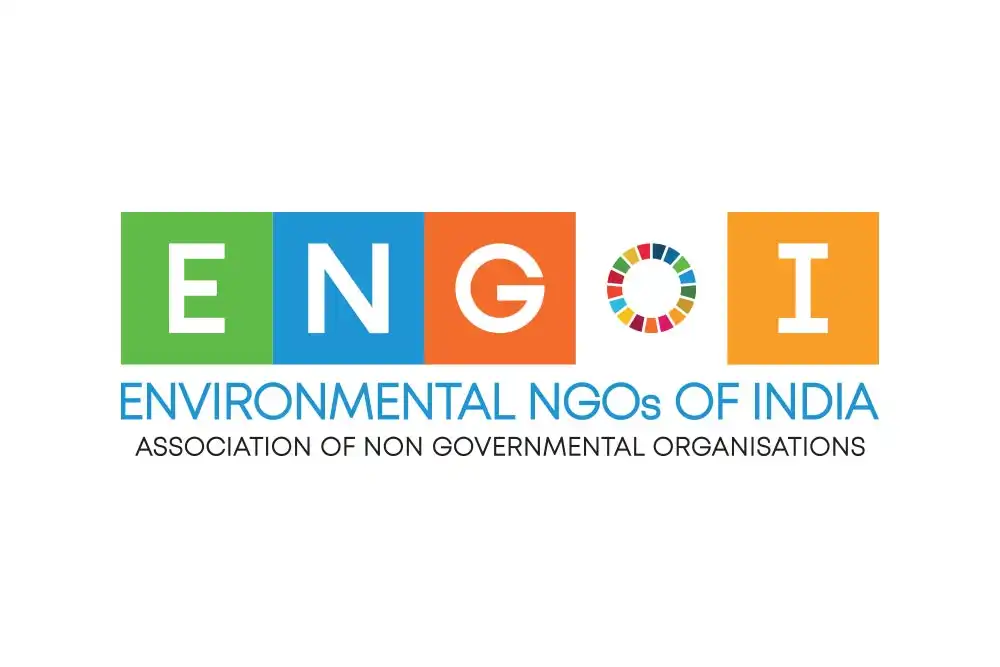
Environmental NGOs of India (ENGOI) has been a pillar of support for We Grow Forest Foundation’s Carbon Zero Day initiative since 2021. ENGOI’s assistance was crucial in launching and sustaining the project over its three-year duration. They provided invaluable research support, helping us access critical data and insights necessary for developing accurate and effective carbon footprint models. Their expertise in environmental conservation and sustainability strategies greatly enhanced our ability to create impactful tools and resources. ENGOI’s network also connected us with leading experts and resource persons, facilitating knowledge exchange and collaboration. This partnership enabled us to refine our approaches, ensuring our efforts were scientifically sound and aligned with best practices in environmental management. Through their firm encouragement, ENGOI played an essential role in the success of Carbon Zero Day, empowering us to drive meaningful change and promote a sustainable future.

The Global Carbon Project brought together scientists to study carbon emissions and how forests and oceans absorb them. It provided crucial data on global emissions and their impact on Earth’s systems. By analyzing these factors, the team aimed to understand human impacts and develop strategies to combat climate change. For Carbon Zero Day, this data improved our carbon footprint calculations and guided sustainable practices for achieving carbon neutrality. It helped us implement effective strategies aligned with global goals for environmental sustainability.
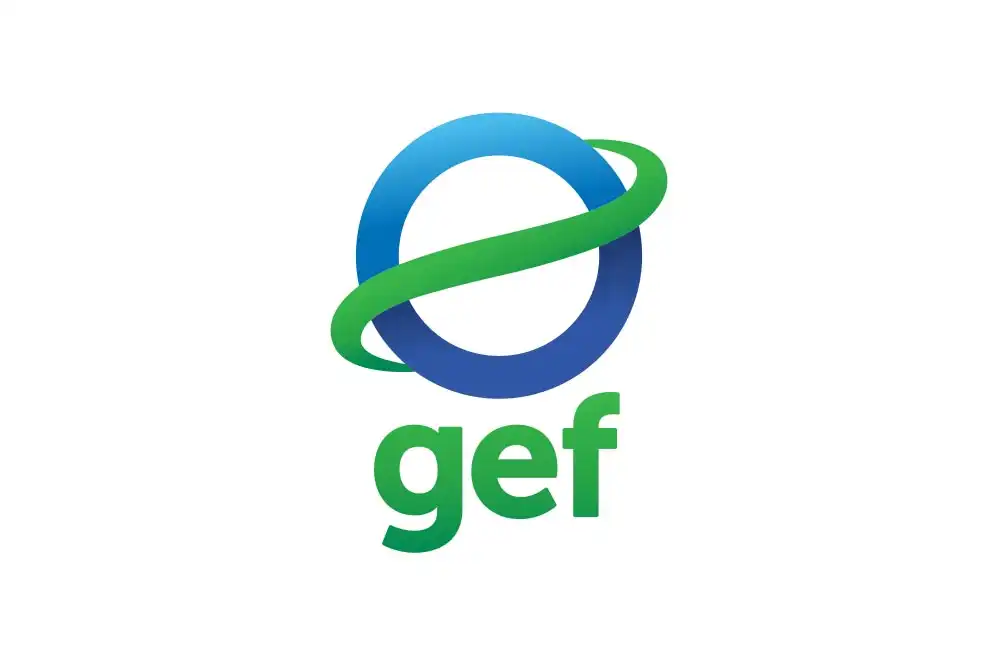
The Global Environment Facility (GEF) was a significant organization that offered financial support for projects aimed at tackling worldwide environmental challenges, particularly climate change. Its primary focus was on aiding initiatives that aimed to reduce greenhouse gas emissions and promote sustainable development. GEF played a crucial role in supporting projects related to renewable energy, energy efficiency, and sustainable agriculture. These efforts were instrumental in assisting countries in their transition towards achieving carbon neutrality.

The Global Green Growth Institute (GGGI) embarked on a mission to collaborate with developing nations, aiming to foster green growth and advance low-carbon development initiatives. Through its array of services, GGGI extended technical expertise and offered strategic policy counsel, facilitating the shift towards sustainable, low-carbon economies within these countries. By actively engaging in the formulation and execution of green growth strategies, GGGI played a pivotal role in expediting the global transition towards a carbon-neutral future.
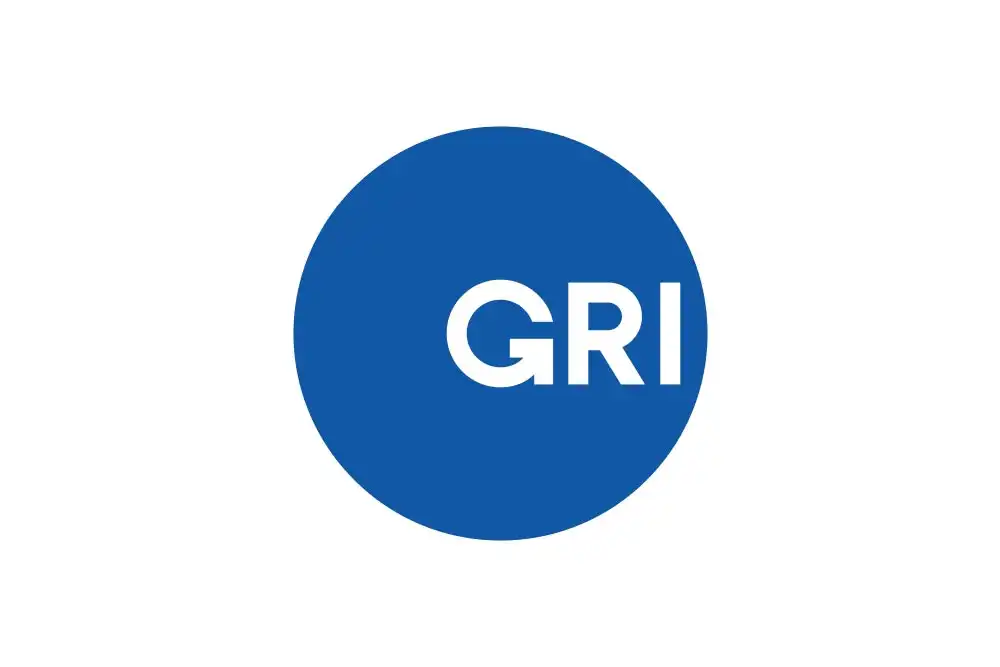
The Global Reporting Initiative, or GRI, played a crucial role in ensuring companies accurately reported their environmental impact, including carbon emissions. They standardized reporting practices to ensure consistency and transparency across industries. This enabled Carbon Zero Day to assess and compare companies’ efforts in reducing pollution effectively. By using GRI guidelines, we could identify companies actively working to minimize their carbon footprint and those needing to enhance their environmental efforts.

The Greenhouse Gas Protocol Initiative was a partnership between the World Resources Institute (WRI) and the World Business Council for Sustainable Development (WBCSD). Their primary goal was to create standards and tools to measure and manage greenhouse gas emissions. This collaboration proved instrumental in establishing a unified approach to measuring emissions, aiding countries and businesses in monitoring their journey towards carbon neutrality and identifying opportunities to reduce emissions.
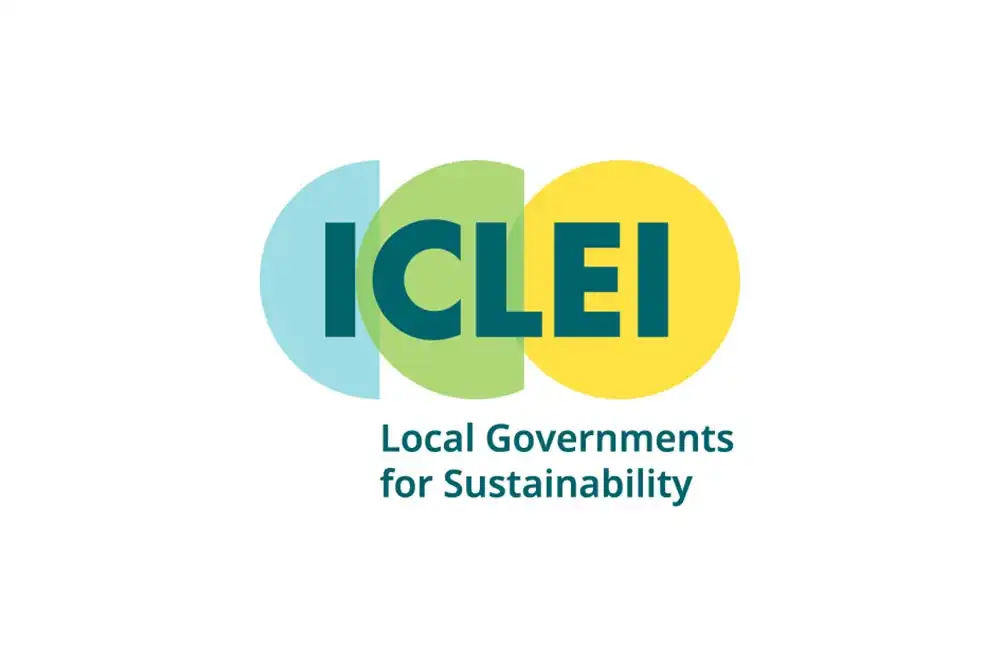
ICLEI focuses on aiding local governments in creating sustainable urban policies, playing a pivotal role in offering guidance in calculating carbon footprints, and assisting cities and communities in comprehending their emissions. Through the adoption of sustainable practices, ICLEI made substantial contributions to the reduction of carbon emissions, thereby advancing towards the global sustainable objective. Carbon Zero Day greatly benefited from ICLEI’s efforts to learn more about sustainability, and carbon neutrality.
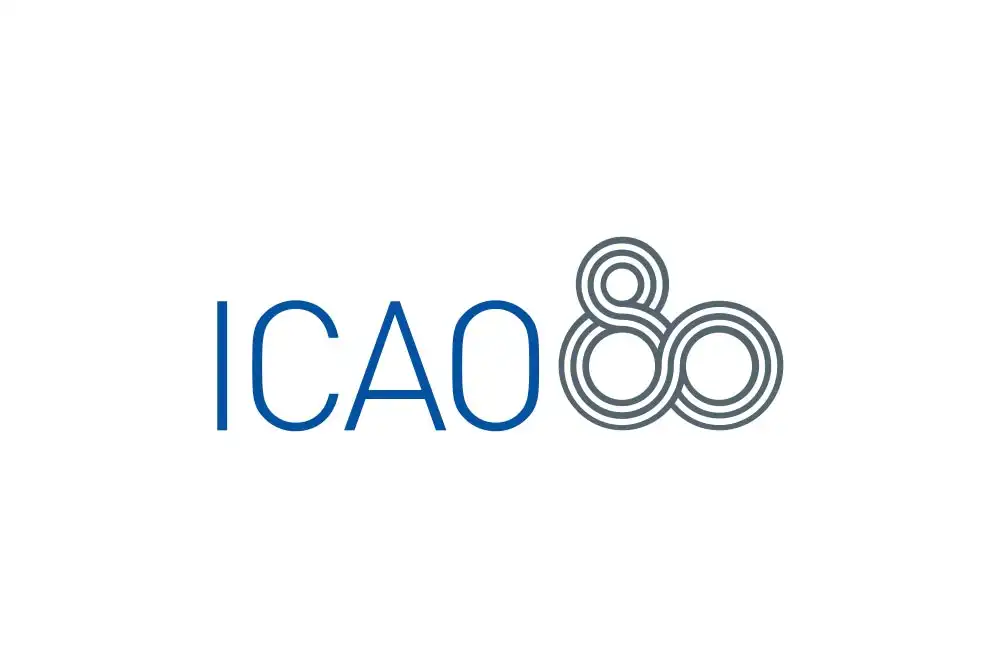
The International Civil Aviation Organization (ICAO) played a pivotal role in the journey towards Carbon Zero Day by offering essential guidance and data on aviation emissions. With air travel being a major contributor to carbon emissions, the ICAO’s efforts were instrumental in comprehending and lessening these impacts. By providing vital data and recommendations, the organization facilitated the effective management of aviation’s carbon footprint, thus contributing significantly to the achievement of Carbon Zero Day.

The International Energy Agency (IEA) was a key player in the achievement of Carbon Zero Day, a significant milestone in the global effort to combat climate change. Known for its thorough analysis, data collection, and policy recommendations regarding global energy systems and emissions, the IEA provided invaluable insights that guided initiatives aimed at reducing carbon footprints on a global scale. By offering recommendations for effective policy measures, the IEA contributed significantly to the worldwide effort to mitigate energy-related emissions.
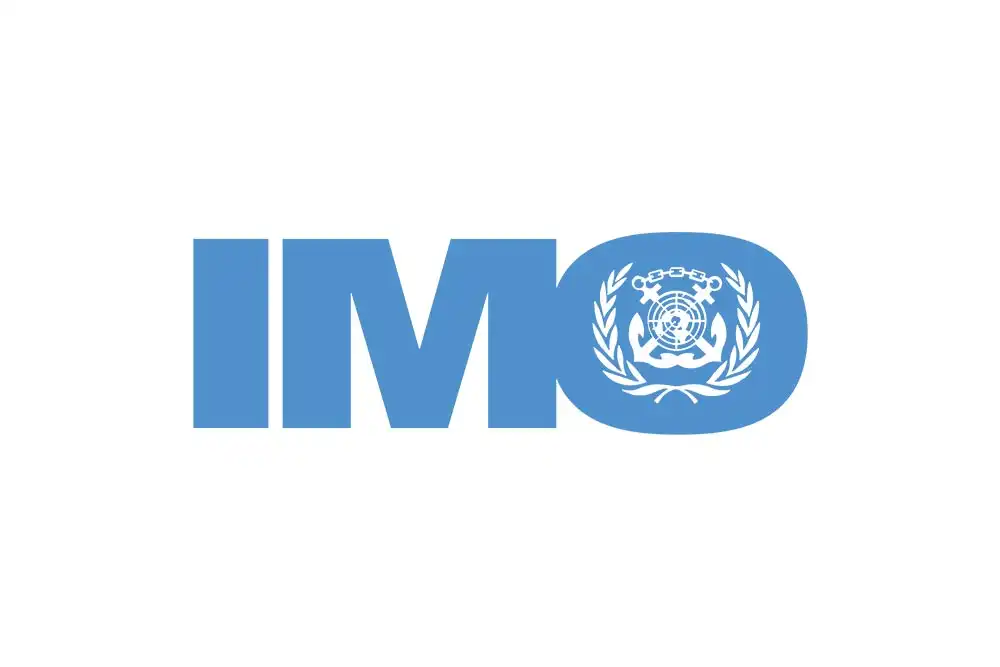
The International Maritime Organization played a pivotal role in the reduction of carbon emissions from maritime transport. They were instrumental in providing essential guidelines and collecting crucial data on emissions from ships, which were identified as a significant source of greenhouse gas emissions. Their proactive measures and initiatives were paramount in steering the industry towards achieving carbon neutrality. They not only raised awareness about the environmental impact of activities but also fostered a culture of sustainability.
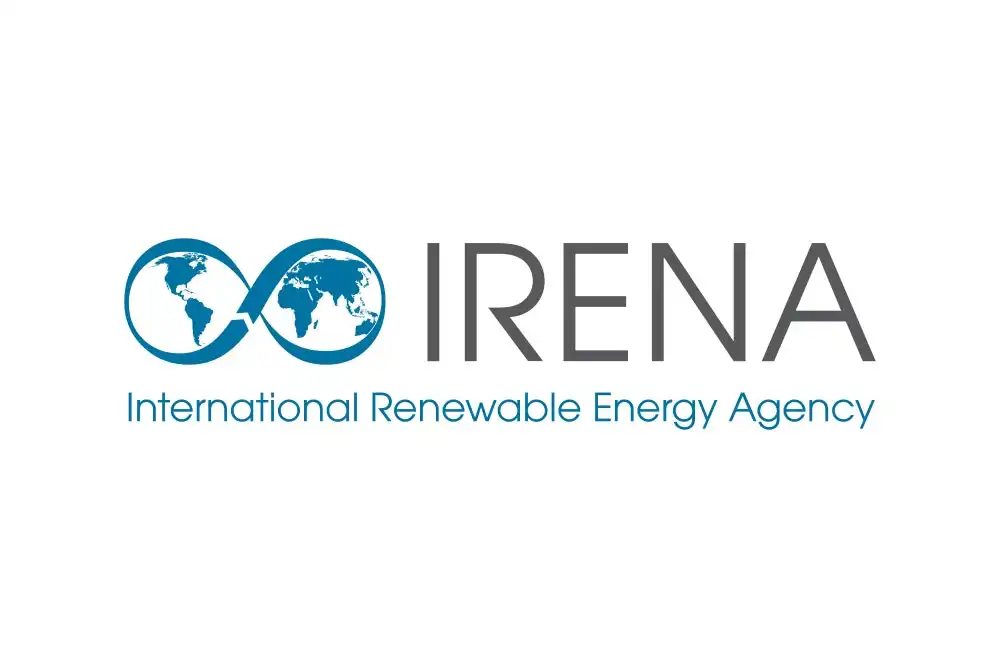
The International Renewable Energy Agency dedicated its efforts to advocating for the widespread adoption of renewable energy sources, including solar and wind power. These sources of energy are advantageous because they produce substantially fewer carbon emissions when compared to traditional fossil fuels. They played a pivotal role in promoting the transition to renewable energy, thereby making significant strides in mitigating the global carbon footprint. They not only facilitated a cleaner and sustainable energy but also fostered economic growth .
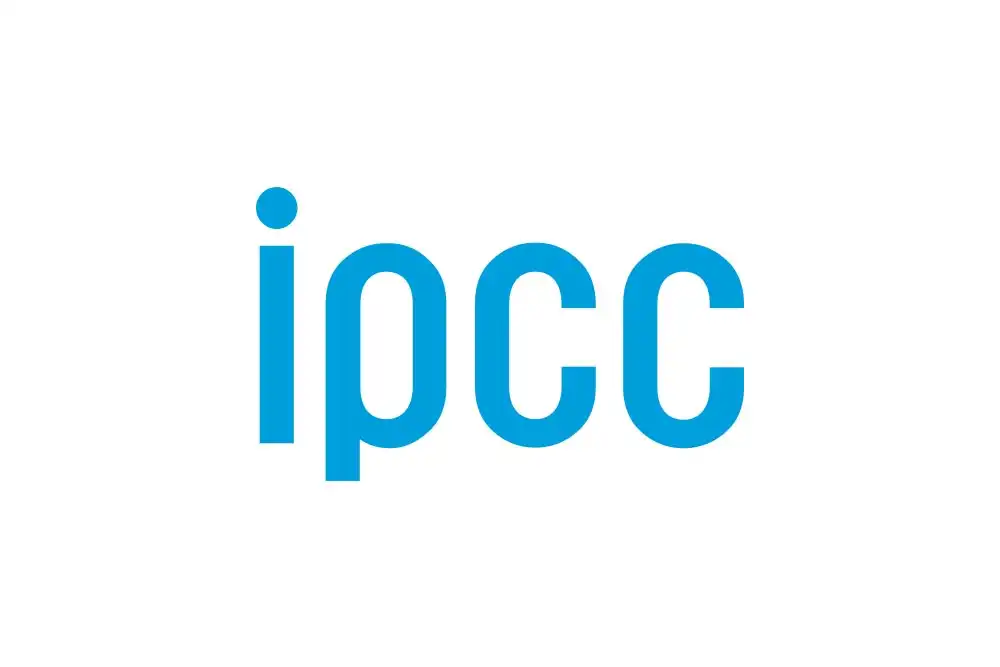
Carbon Zero Day was made possible with the invaluable help of the Intergovernmental Panel on Climate Change (IPCC). They provided scientific reports that taught us about climate change and supplied essential data for calculating the amount of carbon dioxide and other greenhouse gases released into the atmosphere. Their guidelines on greenhouse gas inventories demonstrated the best methods for accurately measuring and tracking these emissions. With their assistance, we were able to gain a better understanding of our impact on the environment.
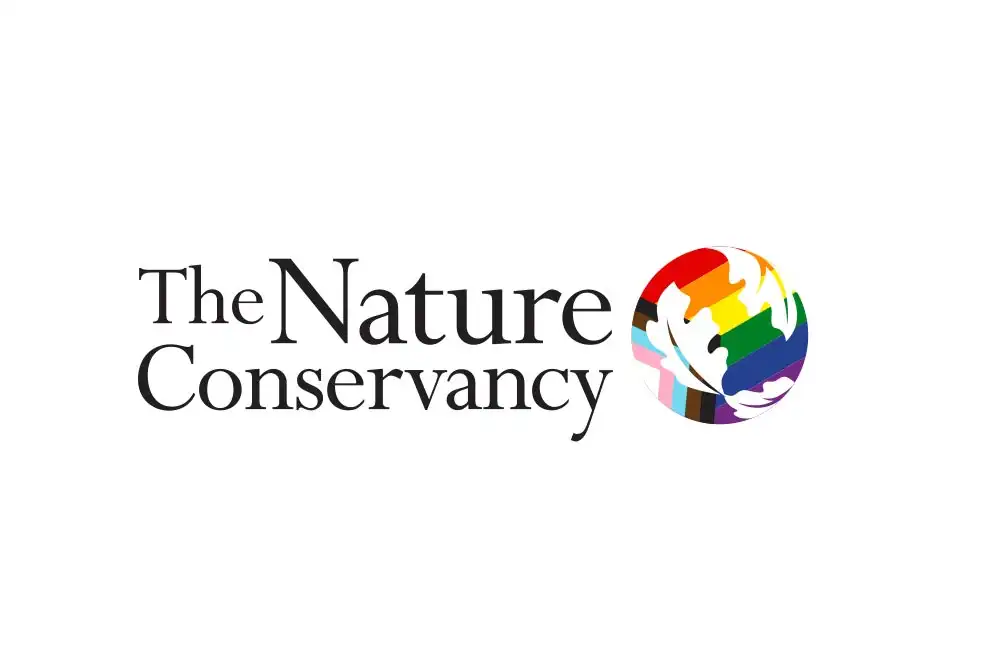
The Nature Conservancy collaborated closely with Carbon Zero Day, sharing valuable data and strategies that were instrumental in accurately calculating carbon footprints. Their expertise shed light on the critical role of preserving forests and wildlife, which play a key role in capturing carbon dioxide and maintaining the overall health of our planet. Their insights served as a poignant reminder of the essential need to protect nature as a means of reduce carbon emissions. Carbon Zero Day gained a deeper understanding on nature conservation and carbon neutrality.
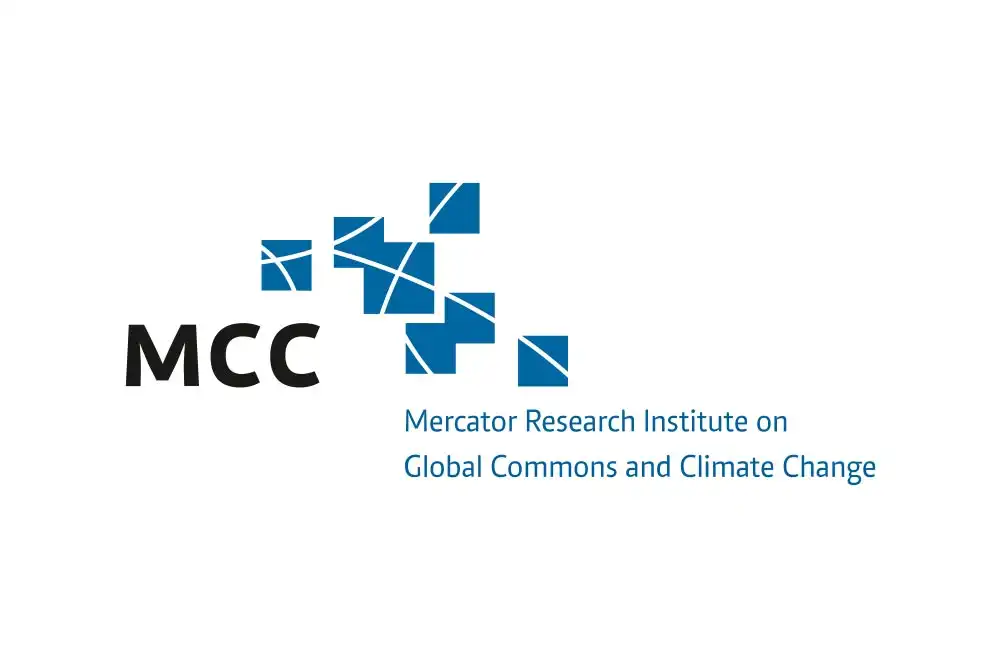
Carbon Zero Day drew inspiration from the MCC Carbon Clock developed by the Mercator Research Institute on Global Commons and Climate Change (MCC). The MCC Carbon Clock serves as a visual representation of the remaining global carbon budget to limit global warming to 1.5 or 2 degrees Celsius above pre-industrial levels. This innovative tool calculates the amount of CO2 that can still be emitted into the atmosphere before these temperature thresholds are exceeded, highlighting the urgency of reducing carbon emissions.
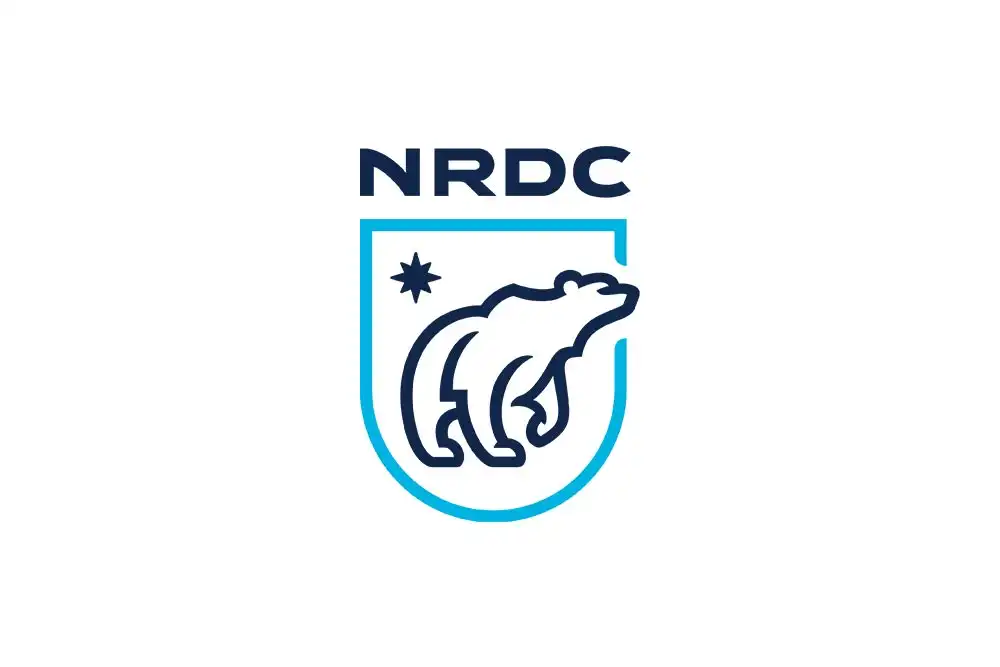
The Natural Resources Defense Council (NRDC) was a source of great inspiration. It stood out as a dedicated advocate for environmental protection and sustainability, serving as a steadfast guardian. The NRDC was valiant protectors of our forests, oceans, and wildlife, tirelessly working to combat the harmful effects of carbon emissions on our planet’s health. Their mission was crystal clear: to secure a sustainable future for future generations by championing policies and initiatives that promote conservation and responsible stewardship of our natural resources.
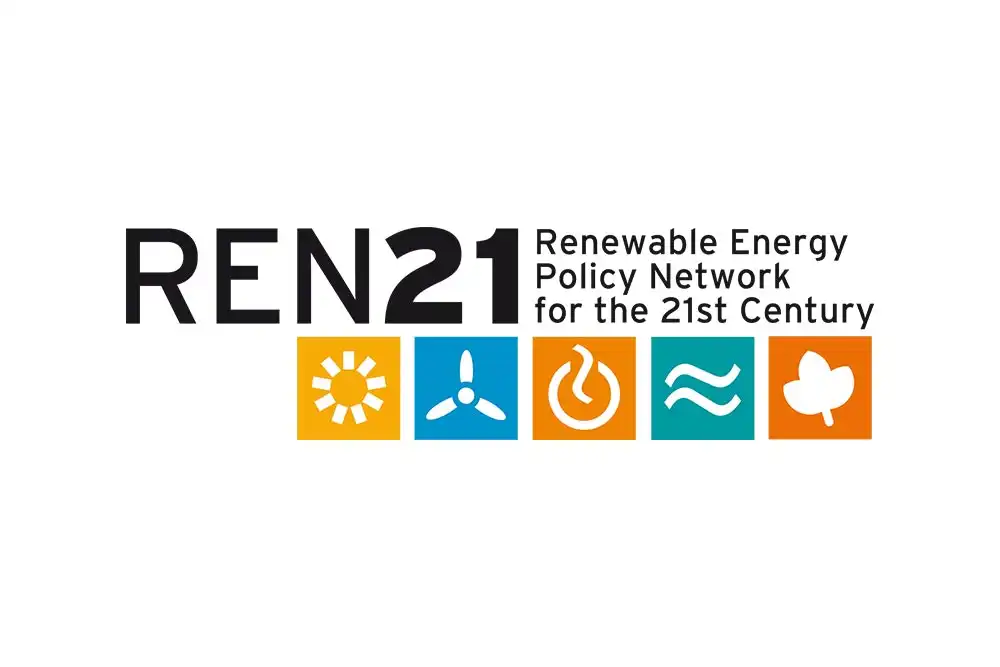
Renewable Energy Policy Network for the 21st Century (REN21) acted as the leading authority in researching and advocating for renewable energy sources such as solar and wind power. Their work was pivotal, providing invaluable data and analysis, akin to offering the key strategy to combat carbon emissions. The promotion of renewable energy usage not only enabled a reduction in our carbon footprint but also safeguarded our environment. Their efforts paved the way for widespread adoption of sustainable energy practices, shaping a greener future for generations to come.
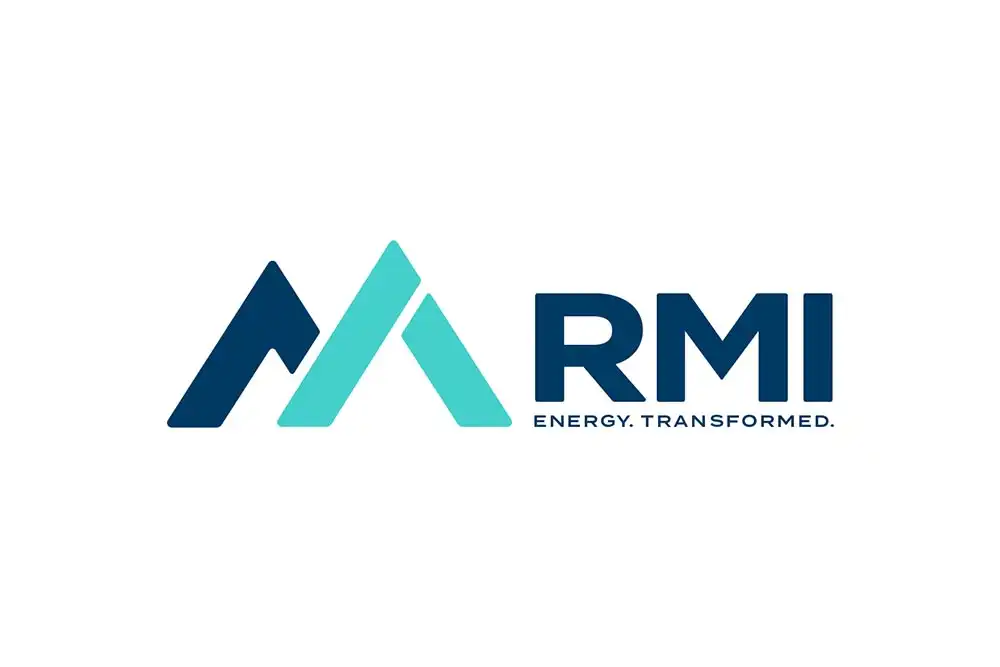
The Rocky Mountain Institute played a pivotal role as Carbon Zero Day’s wise invisible mentors, guiding us toward sustainable practices. Through their research and consulting services, they assisted us in making informed decisions that significantly reduced carbon emissions. Their guidance extended to teaching us the importance of resource conservation and the protection of our planet for the benefit of future generations. Their expertise and insights were invaluable to us for shaping our approach to sustainability and environmental stewardship.

Carbon Zero Day was deeply inspired by the innovative approach and vision of Nash fintechX, a pioneering fintech company known for its commitment to sustainability and cutting-edge technology. Nash fintechX’s emphasis on leveraging data and technology to create meaningful impact resonated with our mission to address climate change through measurable actions. Their successful integration of advanced analytics and user-friendly platforms provided a blueprint for our own carbon footprint calculator, which aims to empower individuals and businesses to understand and reduce their carbon emissions. By observing Nash fintechX’s seamless blend of technological prowess and environmental consciousness, we were motivated to develop a comprehensive tool that not only calculates carbon footprints but also offers actionable insights for achieving carbon neutrality. This inspiration has been pivotal in shaping Carbon Zero Day’s goal of fostering a global movement towards sustainability, encouraging everyone to make informed, eco-friendly choices in their daily lives.

Sustainable Travel International assumed a pivotal role in Carbon Zero Day by placing significant emphasis on reducing the carbon footprint linked with travel and tourism activities. Their efforts were instrumental in raising awareness about the environmental repercussions of travel while introducing practical sustainable approaches to enhance the eco-friendliness of our journeys. Their educational initiatives provided invaluable insights into adopting travel practices that prioritize environmental conservation.

The Transportation Research Board (TRB) embarked on a comprehensive research endeavor to analyze the emissions generated by different modes of transportation in honor of Carbon Zero Day. This initiative aimed to deepen our understanding of the environmental ramifications associated with cars, buses, trains, and various other vehicles. Through meticulous investigation and analysis, the team gained invaluable insights into accurately measuring the carbon footprint attributable to different transportation methods.
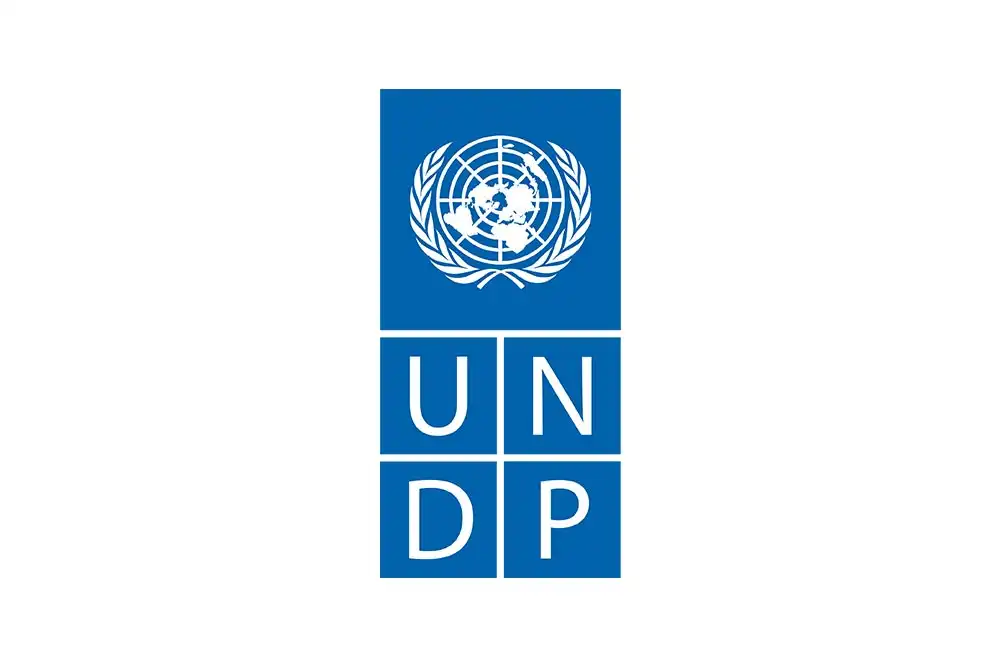
The United Nations Development Programme spearheaded various projects for sustainable development and addressing climate change. These initiatives encompassed efforts, including the promotion of renewable energy sources, conservation of forests, and the adoption of sustainable agricultural practices. By investing in these projects, the UNDP significantly mitigated carbon emissions and bolstered communities’ resilience to the impacts of climate change. Their interventions contributed to environmental sustainability.
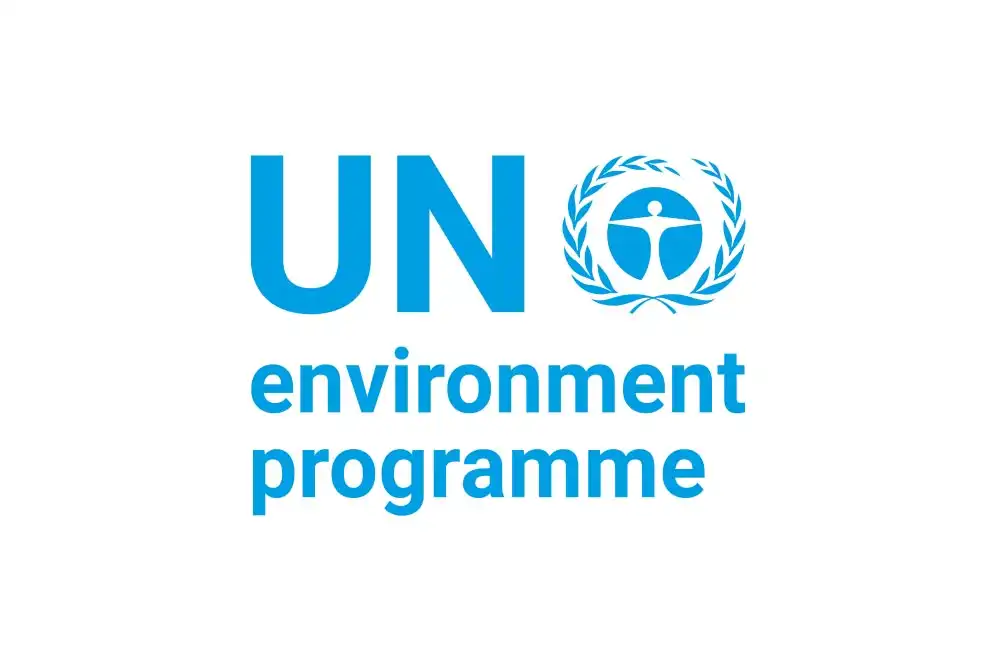
Carbon Zero Day benefited greatly from the support of the United Nations Environment Programme (UNEP). UNEP was dedicated to environmental conservation and provided valuable insights into improving Earth’s health. They shared crucial information and strategies on emissions reduction. Their detailed reports guided us in creating effective plans to minimize our carbon footprint. Through UNEP’s assistance, Carbon Zero Day gained deeper knowledge of environmental impacts and adopted more impactful strategies to safeguard the planet for future generations.

The United Nations Framework Convention on Climate Change (UNFCCC) played a crucial role in shaping Carbon Zero Day by establishing the guidelines that countries followed to report and reduce greenhouse gases. They ensured that everyone used consistent rules and data for calculating their carbon footprints. Their protocols and datasets allowed us to ensure our calculations were fair and accurate, helping us understand how much carbon dioxide we were emitting into the air and how we could effectively reduce it.
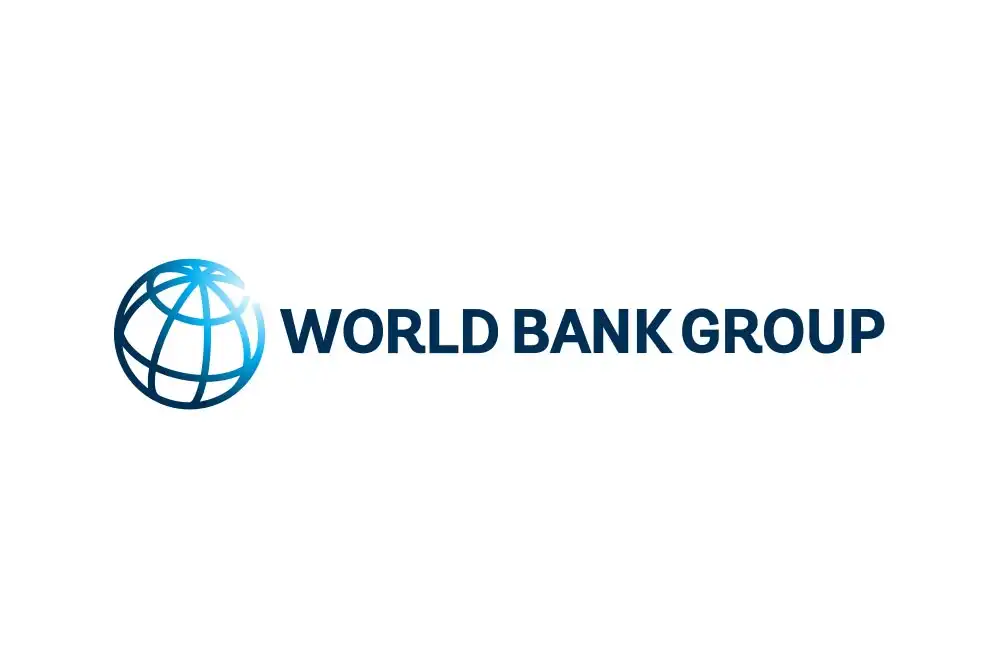
The World Bank supported us by providing vital information about the levels of carbon dioxide and other gases produced globally. This research allowed us to develop models to quantify our carbon emissions and understand their environmental impacts. With their assistance, we could learn about projects worldwide aimed at reducing emissions, contributing significantly to our efforts to safeguard the planet. Their data and support were instrumental in guiding our strategies towards achieving sustainable environmental practices and fostering a carbon-neutral future.
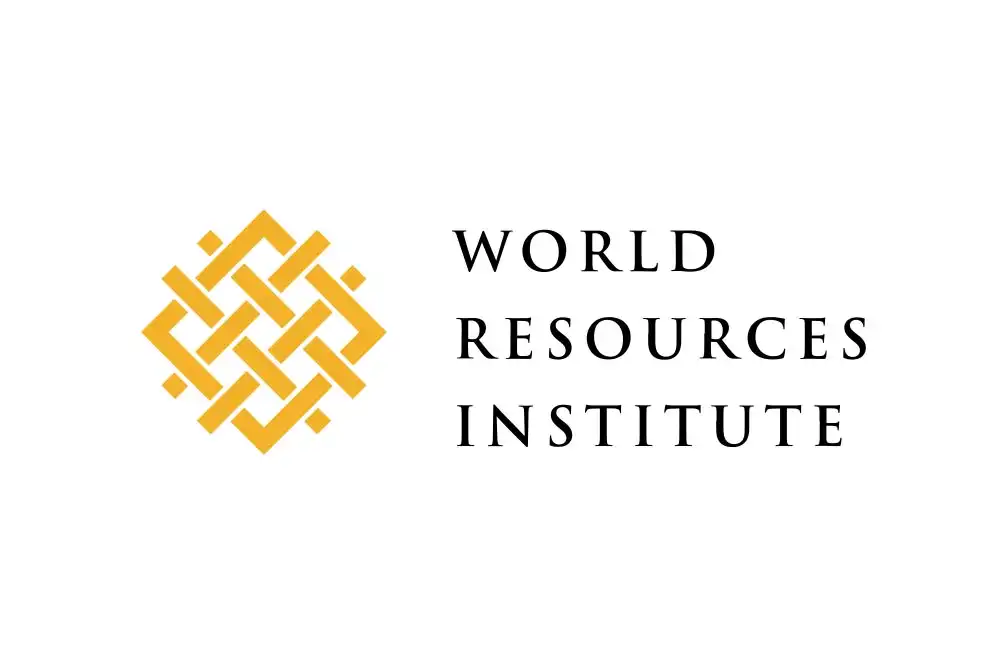
The World Resources Institute (WRI) provided significant assistance to Carbon Zero Day. They offered tools and strategies aimed at protecting our environment. Their GHG Protocol, a widely-used method for measuring and managing greenhouse gases, proved especially helpful. It enabled us to understand the carbon dioxide emissions resulting from our actions and guided us in implementing changes to safeguard the Earth. Utilizing their tools, we successfully identified and implemented more effective ways to reduce our carbon footprint.
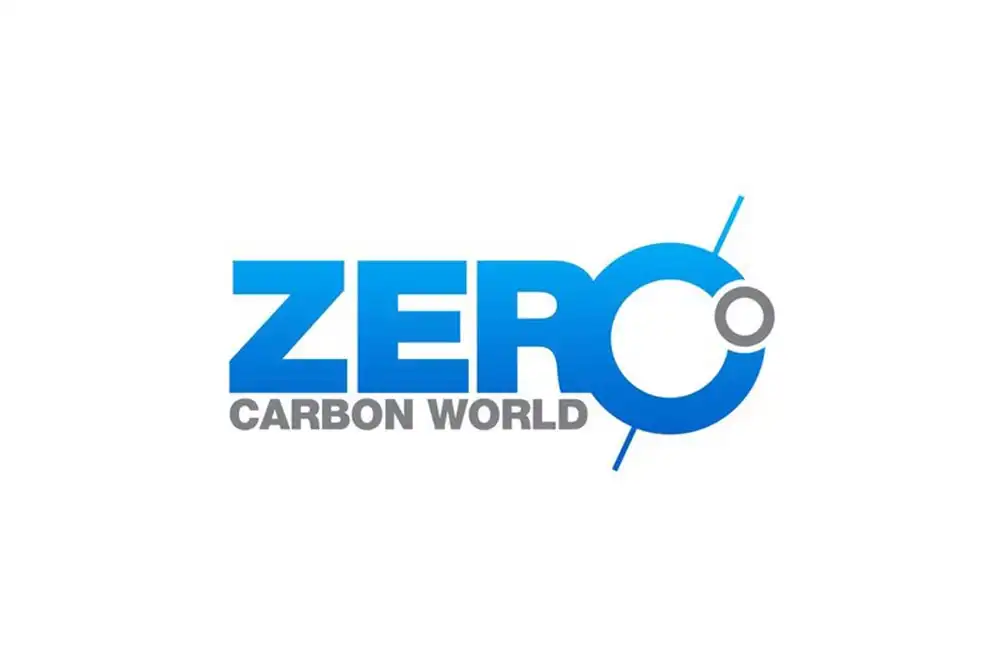
Zero Carbon World played a pivotal role in our journey towards achieving Carbon Zero Day, offering invaluable insights and practical strategies to mitigate carbon emissions. Through their guidance, we were inspired to adopt sustainable practices that fostered community engagement in combating climate change. Their emphasis on the significance of collective action underscored the notion that even modest adjustments can yield substantial environmental benefits. They empowered us to take meaningful steps towards safeguarding our planet.
At Carbon Zero Day, our journey has been shaped by the collaborative efforts of organizations, researchers, and environmentalists worldwide. Their dedication has deepened our understanding of carbon footprints, sustainability practices, and environmental conservation, enabling us to offer holistic solutions through our platform. As we progressed, our commitment to broadening our knowledge, integrating fresh perspectives, and refining our tools remained unwavering to meet the escalating demand for sustainable solutions.
Learning at Carbon Zero Day was an ongoing process. We were dedicated to continual enhancement, constantly updating our resources with the latest research, best practices, and innovative solutions. By embracing lifelong learning and staying abreast of developments, our goal was to empower individuals and organizations to make informed decisions benefiting the environment and future generations. Together, we aspired to realize a carbon-neutral future and create a healthier planet for all.
